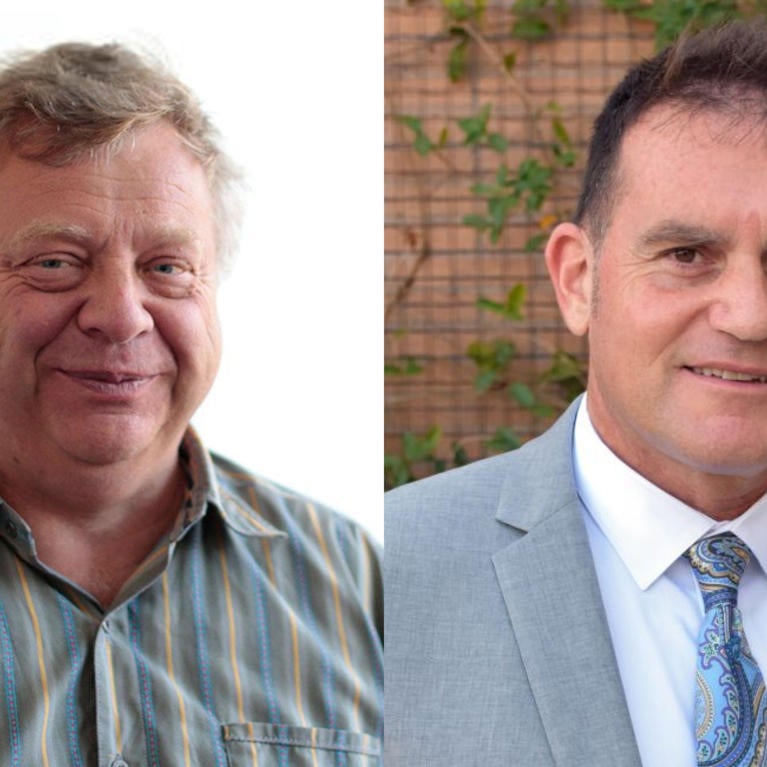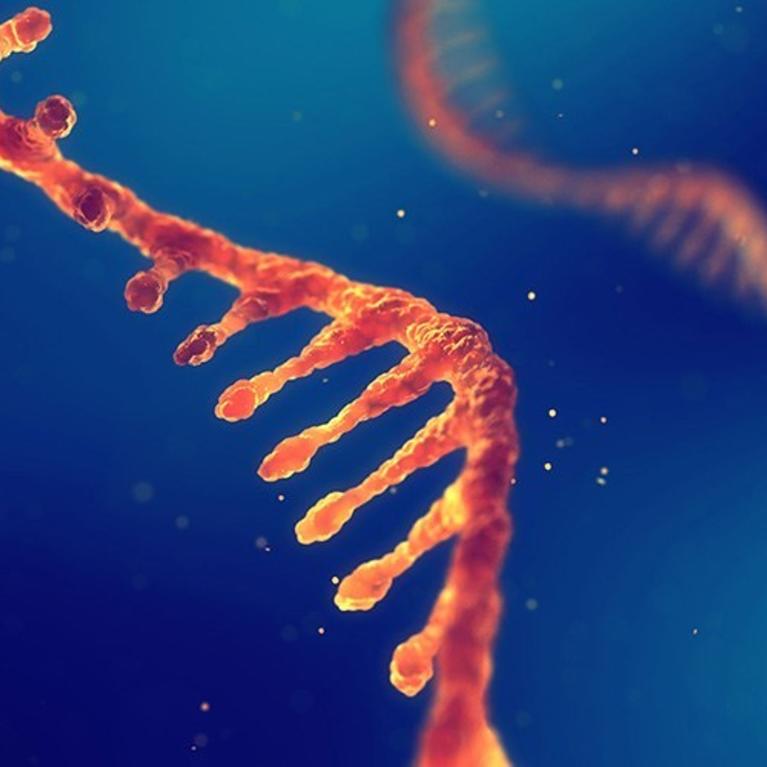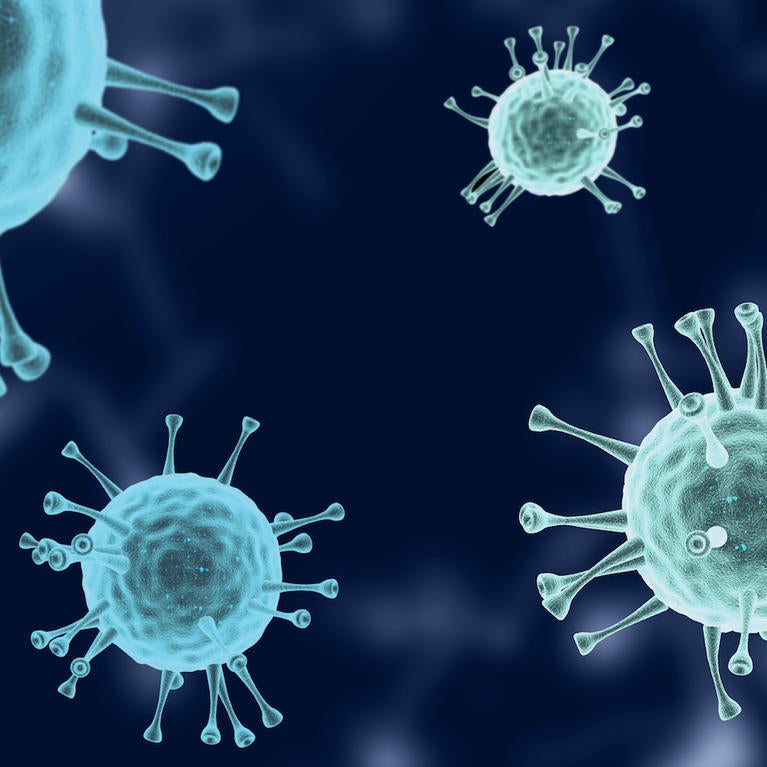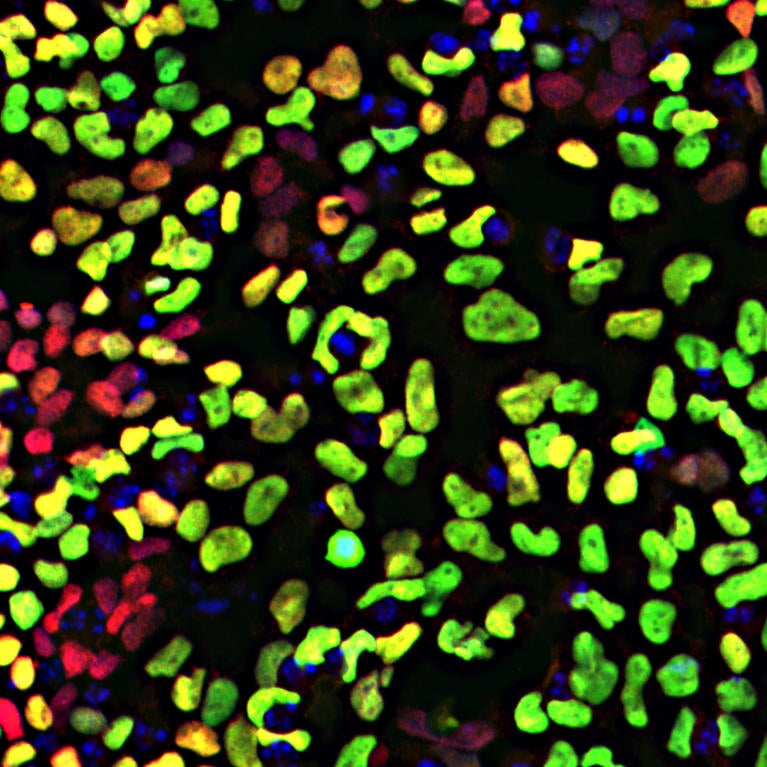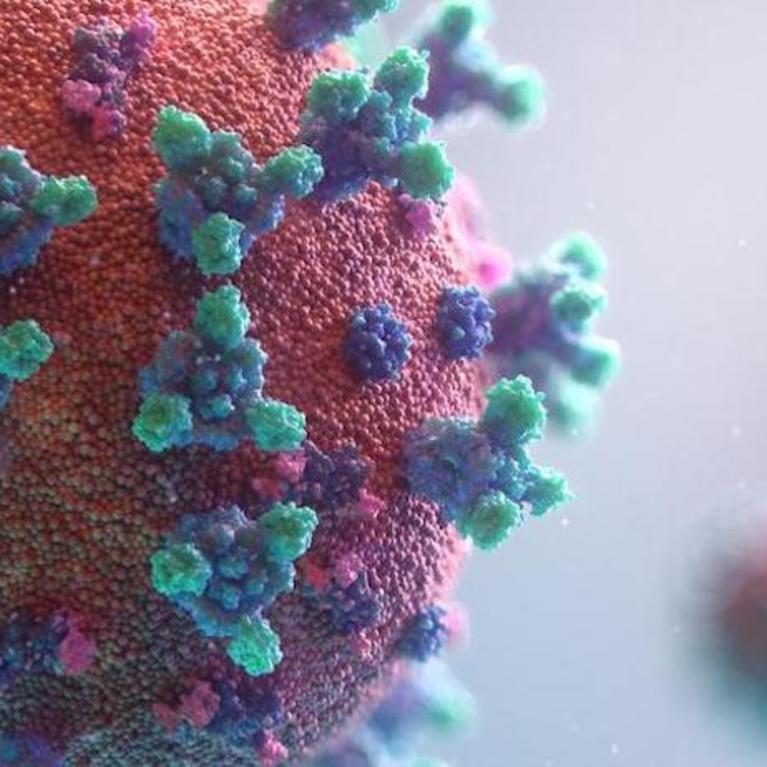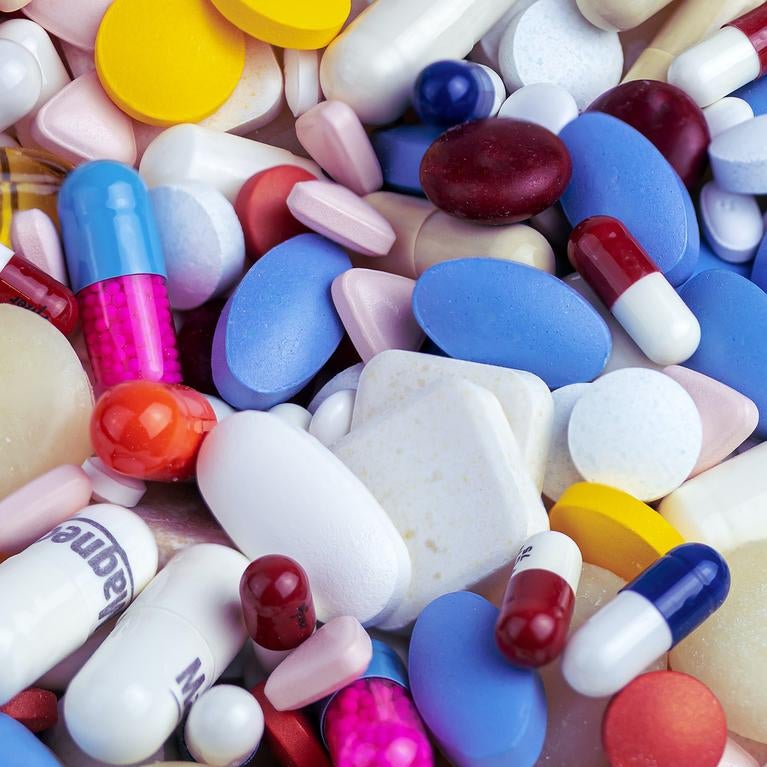
Scientists profile FDA-approved drugs to potentially treat hundreds of genetic disorders
New method developed by UC Riverside researchers quickly assesses drug potential for rare disorders
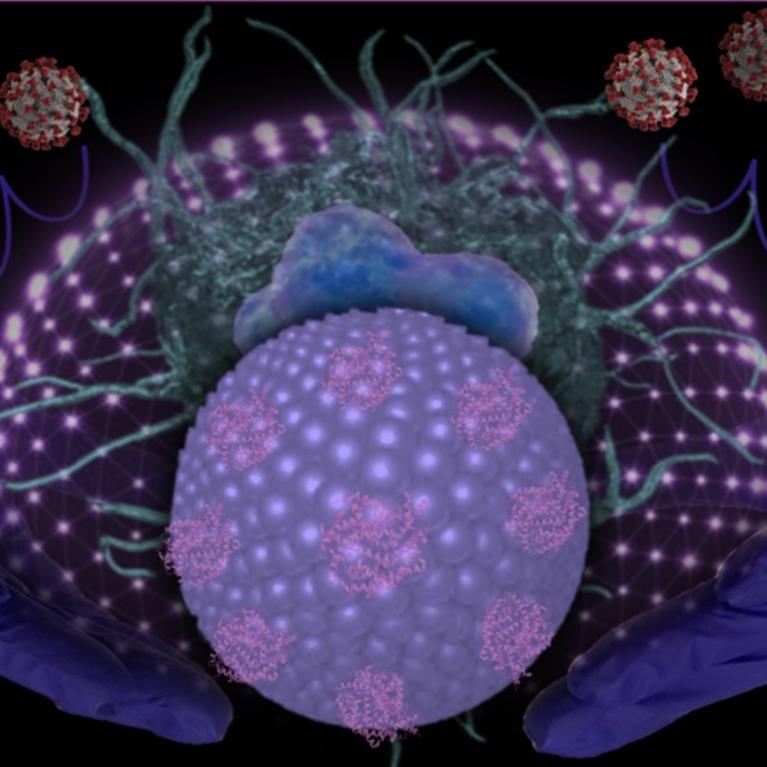
Researchers develop molecular traps to target SARS-CoV-2
Joint effort by UC Riverside and UCLA scientists aims to stop the COVID-19-spreading virus from attacking immune cells
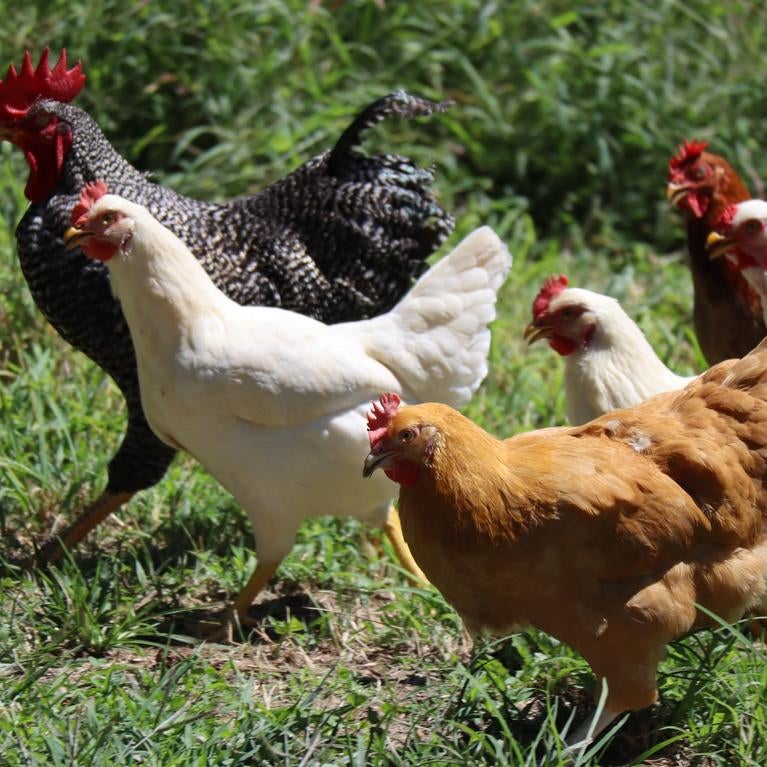
Scientists discover new avian immunological pathway
UC Riverside-led team identifies a new host protein interaction that produces a robust immune response to viral infection in birds and may lead to better poultry vaccines
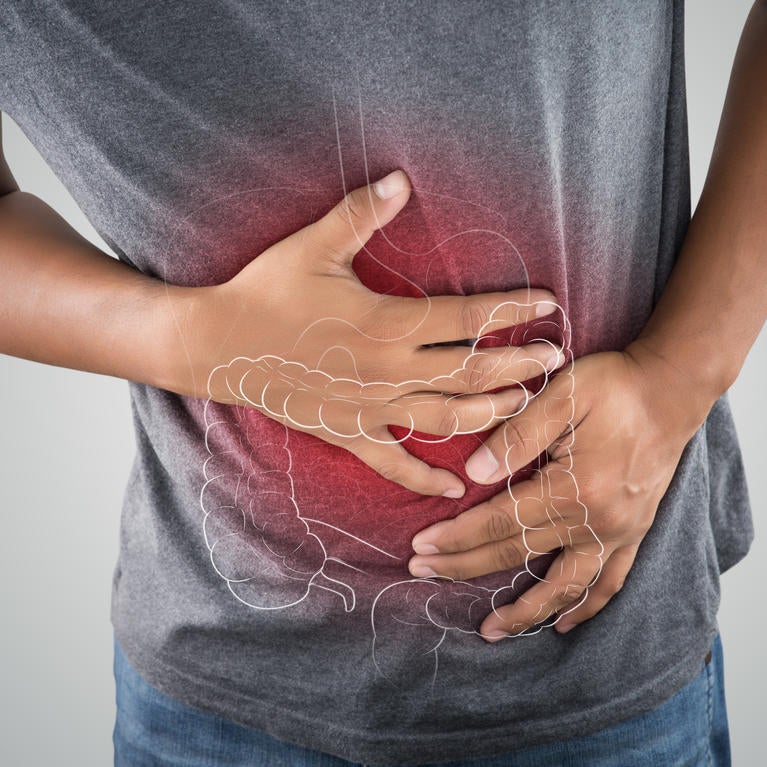
A more targeted therapy to treat inflammatory bowel disease
UC Riverside mouse study focuses on the receptor TNFR1
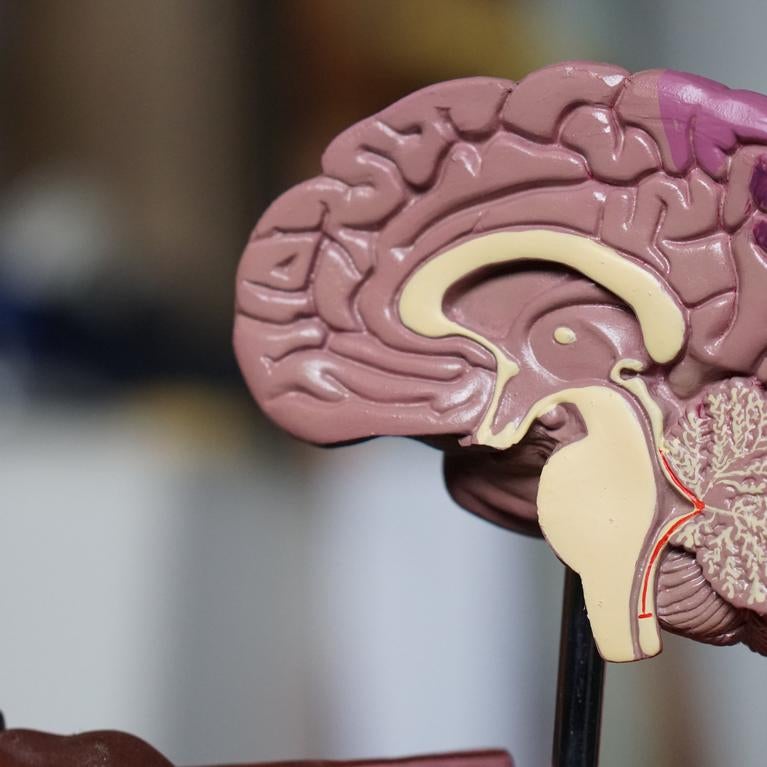
New hope for people living with a genetic cause of autism
UC Riverside research shows gene reactivation can be used to treat Fragile X syndrome
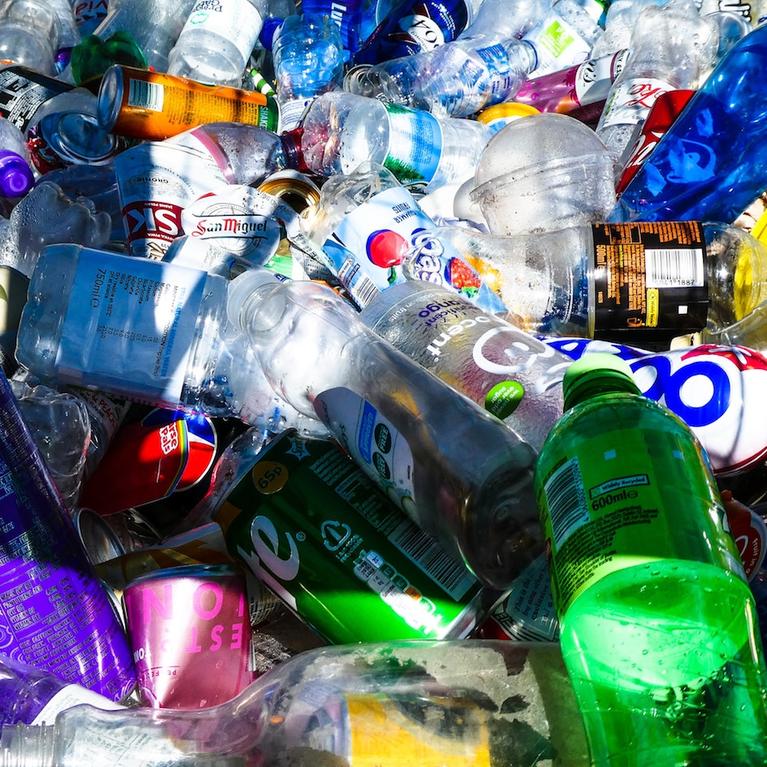
Study links high cholesterol, cardiovascular disease to plastics
UC Riverside-led mouse study finds a receptor greatly contributes to the harmful effects of plastic-associated chemicals
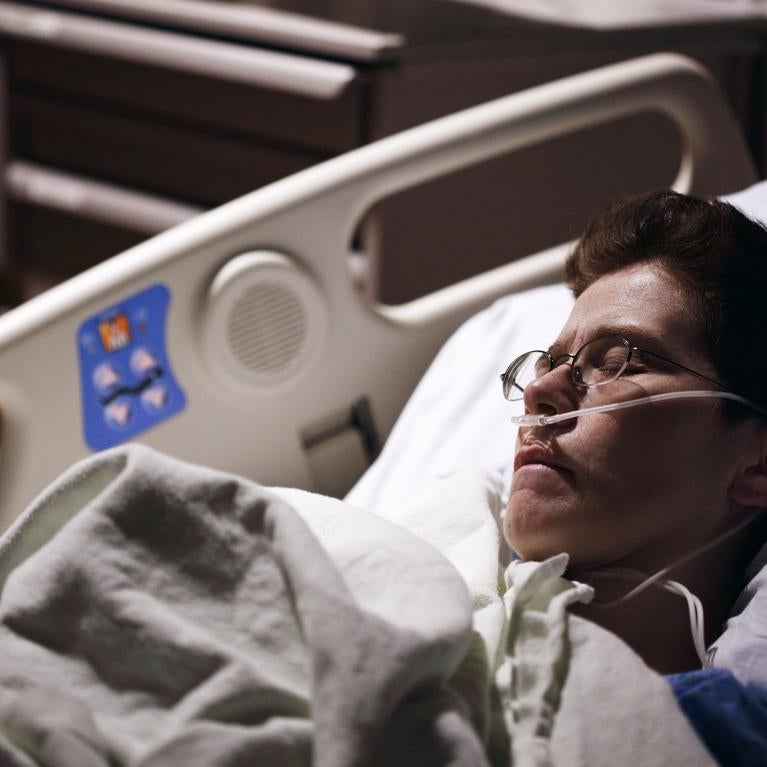
How sepsis need not be fatal
UC Riverside-led team identifies molecular driver and protector of this life-threatening medical emergency

Public lecture to focus on synthetic genome engineering
Lei Stanley Qi of Stanford University will give the 2021 Thomas and Salma Haider Biomedical Breakthrough Lecture at UC Riverside

Novel mechanism links genetic defect in IBD patients to gut leakiness
UC Riverside-led study in mice and human tissue is the first to show how a disease mutation weakens barrier properties of epithelial cells lining the gut
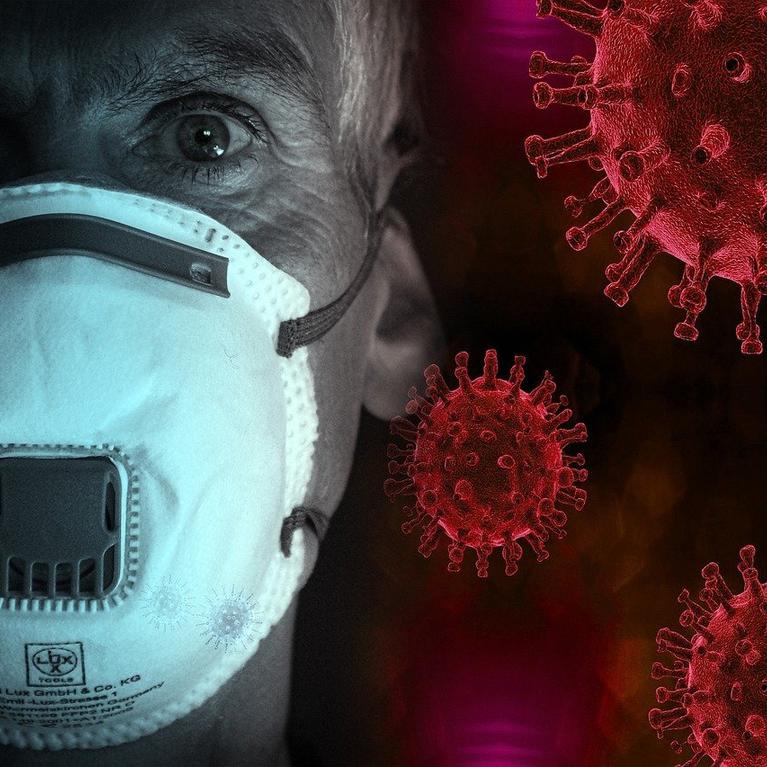
How concerned should we be about the Delta variant?
UC Riverside experts share their thoughts
Salton Sea aerosol exposure triggers unique and mysterious pulmonary response
UC Riverside mouse study suggests inflammation could play key role in progression to asthma
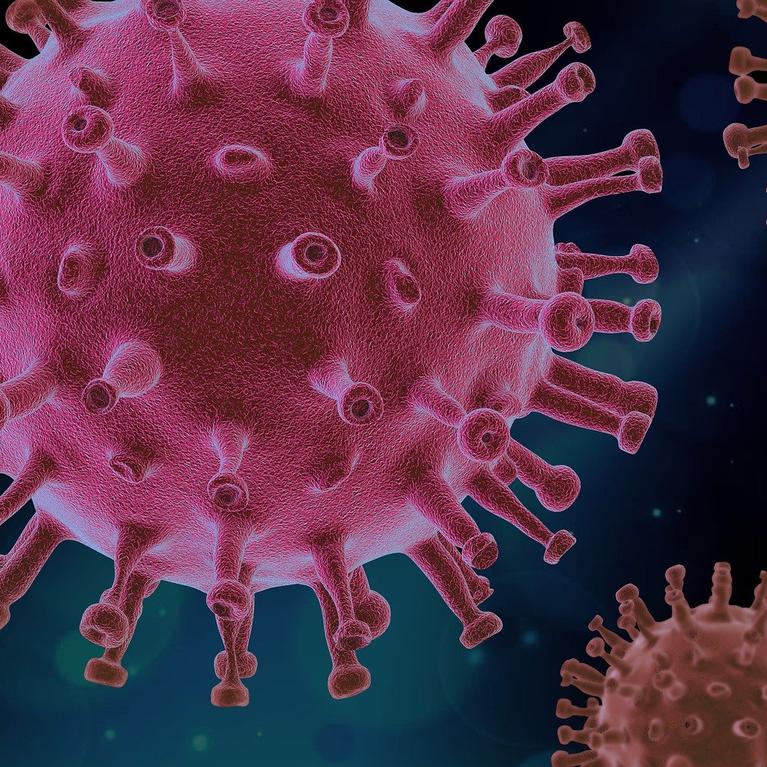
How the South African COVID-19 variant was found
UC Riverside biomedical scientists were part of an international team that identified the coronavirus strain
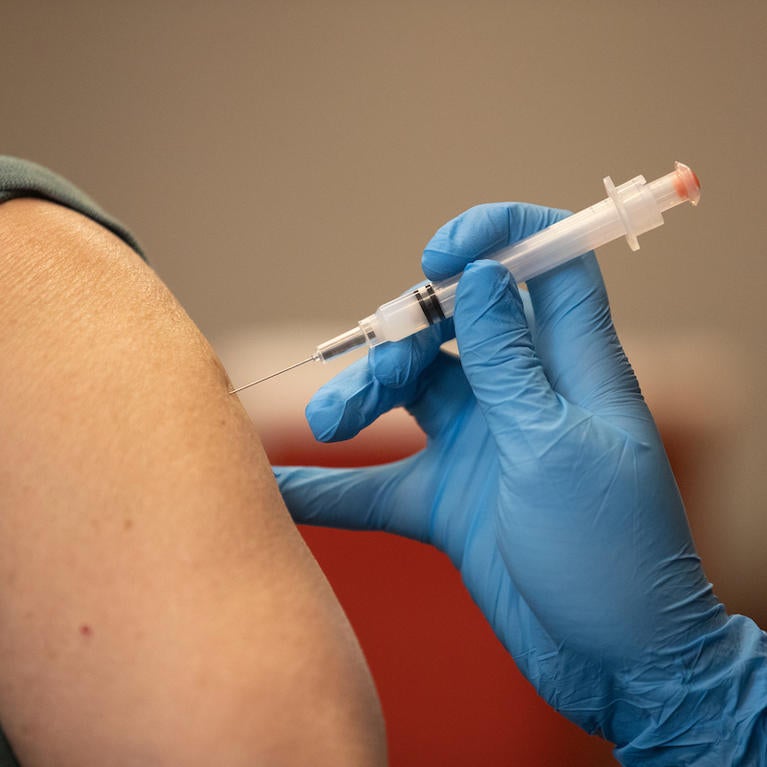
What UC Riverside scientists have to say about vaccines, variants, and antibodies
Immunity generated by vaccination is better than immunity from an actual infection, says an expert
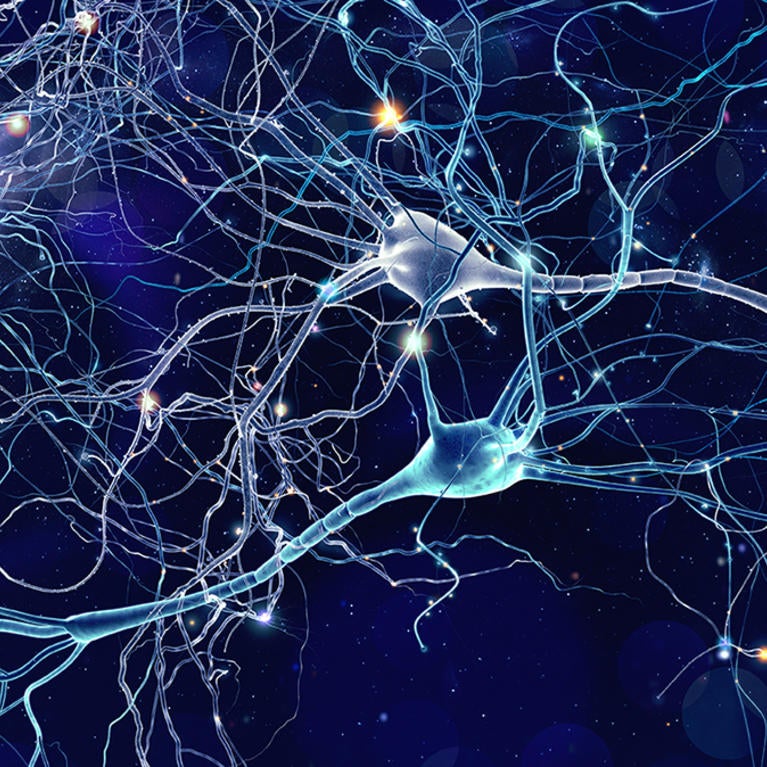
Remyelinating drug could improve vision in patients with multiple sclerosis
UC Riverside-led mouse study stresses MS treatment should be started early
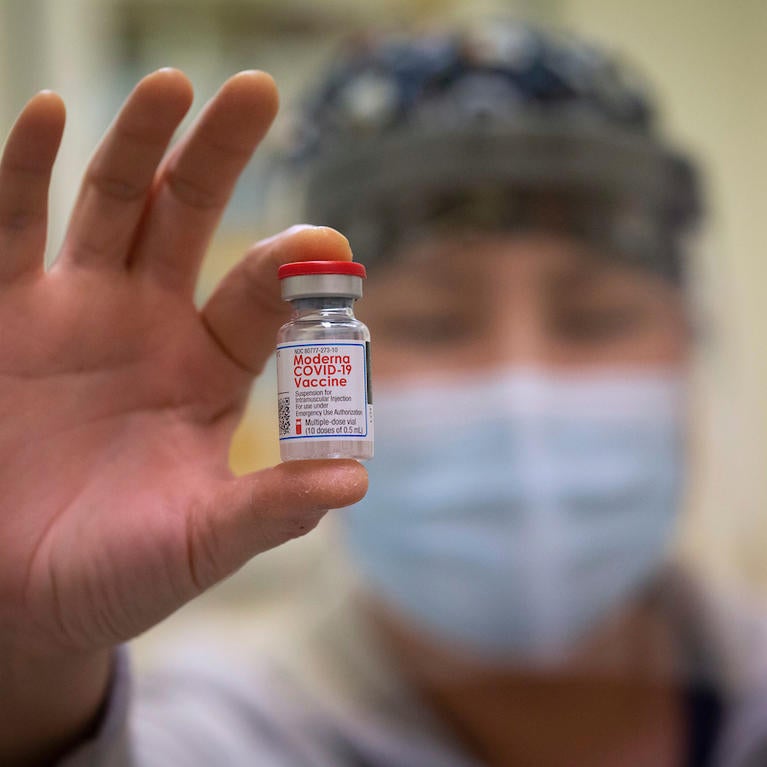
Biomedical scientist explains how Covid-19 vaccines work
Dr. David Lo at the UC Riverside School of Medicine is an expert on vaccines
